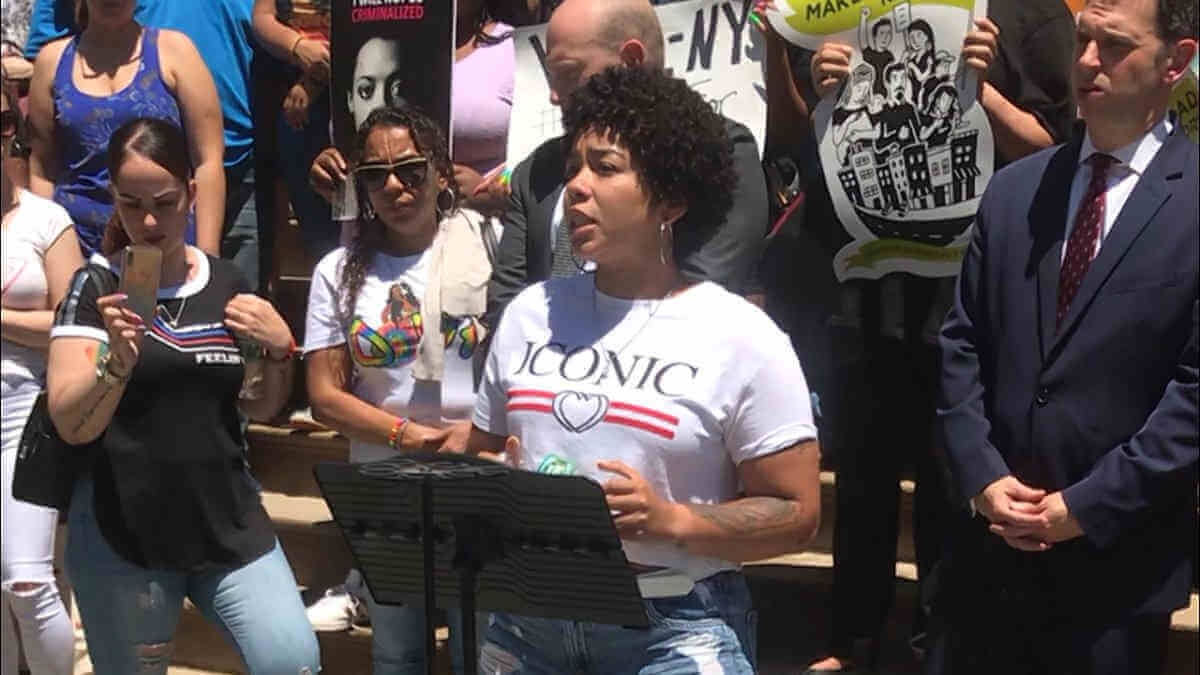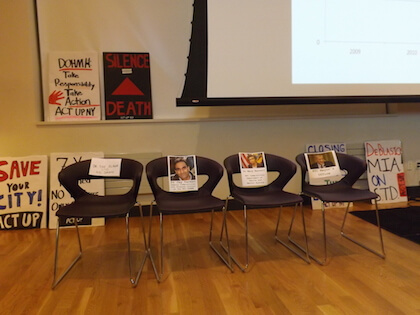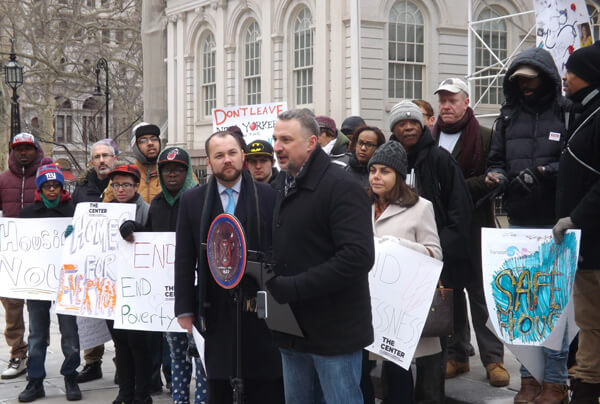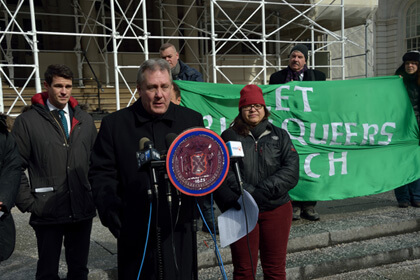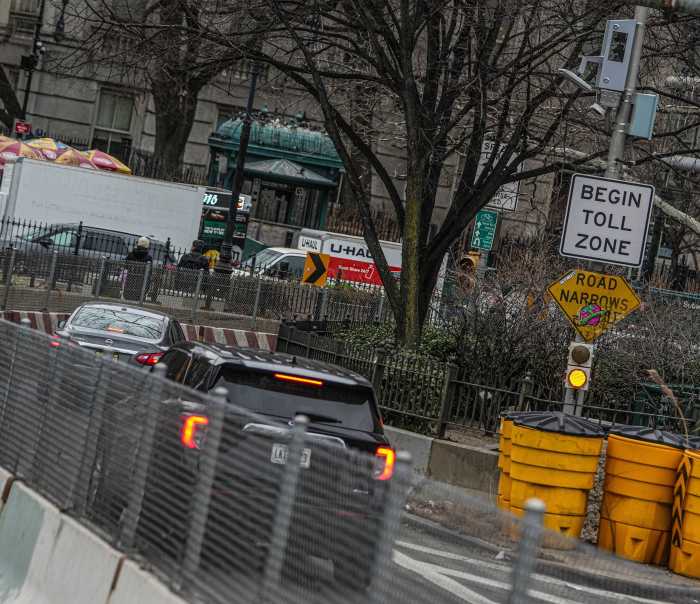Mayor Bill de Blasio signed an executive order on November 1 delaying the city’s plans to end solitary confinement, prompting criticism from the sister of the late Layleen Polanco, a trans woman who died at Rikers in 2019.
In his executive order, the mayor pointed to significant understaffing as he stressed the need to push back against what he described as a “rise in unrest and disorder.” The delay is for at least five days, though it could be extended.
The executive order follows de Blasio’s announcement earlier this year that the city would replace solitary confinement with the Risk Management Accountability System (RMAS), which would provide inmates with at least 10 hours outside of their cell, up to five hours of “daily programming,” a consistent case manager, and other reforms aimed at “creating jails that are fundamentally smaller, safer, and fairer.”
Melania Brown, an activist and sibling of Polanco, who died of a seizure while in solitary confinement, ripped de Blasio’s decision to postpone the changes, which were set to go into effect earlier this month.
“I am livid. The Mayor’s order is outrageous,” Brown said in a written statement. “A year and a half ago, the Mayor had the gall to invoke my baby sister’s name with a promise to end solitary confinement. Not only has he failed to end solitary, but this order now allows the jails to put anyone in solitary, for any reason, for any length of time.”
She added, “Solitary confinement is not a solution to the deadly crisis on Rikers Island. Solitary is deadly itself and only makes the crisis worse. Solitary took my baby sister from me and it continues to take the lives of people in the city’s jails. New York City must end solitary confinement and the mayor, judges, district attorneys, and the governor must decarcerate the jails immediately.”
The executive order also drew criticism from Board of Correction chair Jennifer Jones Austin.
“While we understand that the Department of Correction is grappling with many challenges in the jails, ending solitary confinement is no less an urgent matter,” Austin said, according to The City.
The changes come two years after the 2019 death of Polanco, an Afro-Latinx transgender woman who was left alone by guards at Rikers while she experienced a fatal health emergency in “restrictive housing,” which is a form of solitary confinement. Under de Blasio’s order, correction officers who “abused the Department’s sick leave policy” will face a suspension of up to 30 days without pay ahead of a hearing and determination of disciplinary charges.
In April, former Governor Andrew Cuomo signed the HALT Solitary Confinement Act, which limits solitary confinement to 15 days and requires therapy and other rehabilitative solutions to be offered to inmates. The law immediately ended solitary confinement for people who are disabled, caring for children, pregnant or up to eight weeks postpartum, under the age of 21, or above the age of 55.
To sign up for the Gay City News email newsletter, visit gaycitynews.com/newsletter.

